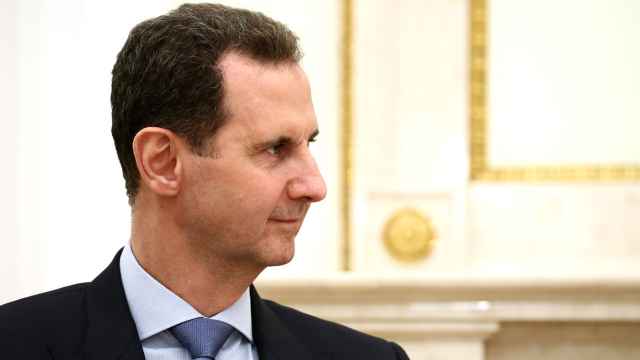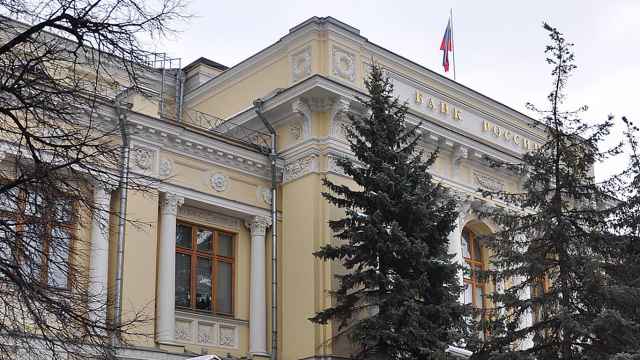KIEV — Despite winning rare praise from the West for freeing an opponent from jail, Ukrainian President Viktor Yanukovych is likely to resist extra pressure and the lure of trade deals to release his fiercest rival, ex-prime minister Yulia Tymoshenko.
His pardon of former Interior Minister Yury Lutsenko, a Tymoshenko ally, will not be enough to satisfy European Union demands for democratic reform and clinch association and free-trade agreements with the 27-member bloc in November, at a summit in the Lithuanian capital Vilnius.
"I would not open a bottle of champagne yet for Ukraine and its future [after Lutsenko's release]. There are plenty of doubts as to whether Ukraine will be able to implement other commitments," said Olga Shumylo-Tapiola, visiting scholar of Carnegie Europe in Brussels.
"I would say that the prospects of signing the agreements are still bleak," she said.
Both the EU and the United States urged Yanukovych to follow up on Sunday's pardon of Lutsenko, who was serving four years for abuse of office, by addressing other cases of "selective justice" and what they say are politically motivated prosecutions — a clear call for Tymoshenko to be released.
But few commentators see any likelihood that Yanukovych, a 62-year-old former electrician from the industrial east, will pardon Tymoshenko, who came close to beating him for the presidency in February 2010.
"We can expect demands for the release of Tymoshenko to increase now," said Volodymyr Fesenko, an analyst at the Penta political think tank, but added: "He [Yanukovych] is afraid of Tymoshenko, so she will stay in prison."
The 52-year-old braided heroine of the 2004 Orange Revolution street protests that overturned an election rigged in Yanukovych's favor is one-and-a-half years into a seven-year sentence for abuse of office linked to a 2009 gas deal she brokered with Russia.
The Yanukovych government says the deal saddled the country with an exorbitant price for gas imports.
Rather than listen to Western pleas to show her leniency, justice authorities are piling up more cases against her, including one alleging involvement in the 1996 contract killing of a business rival and Ukrainian parliamentarian.
The problem, as Western analysts see it, is that when it comes to deciding policy priorities, Yanukovych's overriding ambition to secure re-election in 2015 takes precedence.
"The ruling elite in Ukraine has two simple aims: to consolidate power and to proceed with EU integration process as quickly as possible. The trouble is that the methods it uses to achieve the former make the latter impossible," Jana Kobzova and Balazs Jarabik said in a joint European Council on Foreign Relations report.
The free-trade agreement potentially on offer from the EU would open up a huge market for Ukrainian exports — steel, grain, chemicals and food products — and provide a powerful spur for much-needed foreign investment. It would be a boon for a country that traditionally has relied on trade with big neighbor Russia.
With an EU deal clearly in the business interests of influential power brokers such as steel billionaire Rinat Akhmetov and others, Yanukovych has consistently set European integration as a foreign policy priority.
A Message from The Moscow Times:
Dear readers,
We are facing unprecedented challenges. Russia's Prosecutor General's Office has designated The Moscow Times as an "undesirable" organization, criminalizing our work and putting our staff at risk of prosecution. This follows our earlier unjust labeling as a "foreign agent."
These actions are direct attempts to silence independent journalism in Russia. The authorities claim our work "discredits the decisions of the Russian leadership." We see things differently: we strive to provide accurate, unbiased reporting on Russia.
We, the journalists of The Moscow Times, refuse to be silenced. But to continue our work, we need your help.
Your support, no matter how small, makes a world of difference. If you can, please support us monthly starting from just $2. It's quick to set up, and every contribution makes a significant impact.
By supporting The Moscow Times, you're defending open, independent journalism in the face of repression. Thank you for standing with us.
Remind me later.





